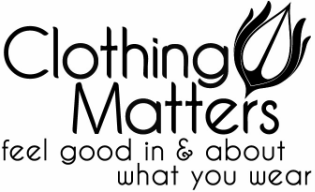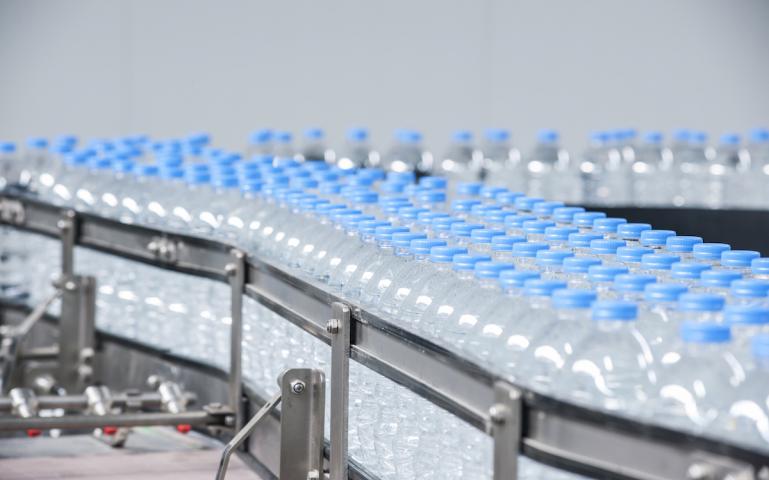Consider the classic white t-shirt. Annually, we sell and buy 2 billion t-shirts globally, making it one of the most common garments in the world. But how and where is the average t-shirt made, and what’s its environmental impact? Angel Chang traces the life cycle of a t-shirt.
|
Within the last few months, Nestle has applied for an increase in the amount of water it is permitted to pump at one of its Michigan site wells. This increase would allow Nestle to go from pumping 150 gallons of water to 400 gallons of water per minute. To put this in perspective, Nestle may be able to pump as much as 210 million gallons per year for only 200 dollars (i.e. this is the price of a permit fee). Moreover, Nestle is paying next to nothing to extract and bottle up our fresh water, while preserving the plastic bottle that has drastically impacted the health of our ecosystems.
Let us also seriously consider the negative externalities associated with this exploitative objective: an excessive increase in plastic production- disposables that disturb ecological processes and human health. . The use of plastic permeates through all major industries and the impacts become even more alarming when one considers the amount of micro-plastic in our own clothing and how it is affecting our health. "Another emerging source of marine microplastics is microfibres leaching from clothing when washed. Microfibres are 1/100th the diameter of a human hair and are used for better waterproofing, breathability and flexibility in sportswear. The most common types of microfibers are made from polyesters and polyamides, and according to researchers giving evidence to the UK House of Commons Environmental Audit Committee in 2016, the number of leached microfibres in wastewater could be as many as 1900 fibres per garment." Not to mention, micro plastics attract and carry toxic elements, such as VOCs and PFCs, which are then ingested and passed through the food chain, back to humans. For an informative read, click here. The Story of Stuff critically challenges the underside of our production and consumption patterns, ultimately, the 'materials economy.' The Story of Stuff exposes the connections between a huge number of environmental and social issues, and calls us together to create a more sustainable and just world. It’ll teach you something, it’ll make you laugh, and it just may change the way you look at all the Stuff in your life forever. www.storyofstuff.org |



 RSS Feed
RSS Feed